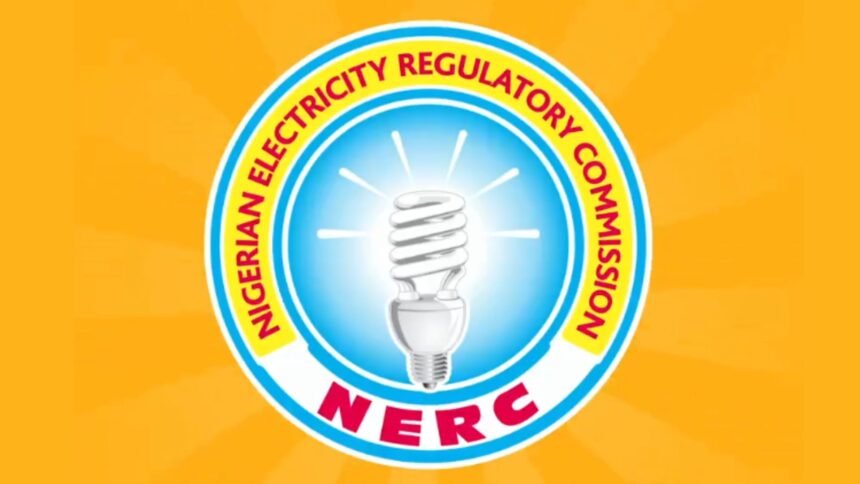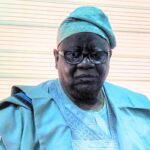Op-ed by Dr. Jasper Nendong
Over the past ten years, Nigeria’s power sector regulator, the Nigerian Electricity Regulatory Commission (NERC), has quietly but steadily built a reputation as one of the country’s most technically driven public institutions.
Established under the Electric Power Sector Reform Act of 2005, NERC has been at the forefront of shaping policies, setting tariffs, licensing operators, and protecting consumer interests in an industry notorious for inefficiency and political interference.
A Decade of Reform and Consolidation
Between 2013 and 2023, NERC has overseen some of the most transformative milestones in Nigeria’s electricity sector.
Among them:
Tariff Rationalization: The gradual shift towards cost-reflective tariffs, though controversial, has laid the groundwork for a more sustainable power market.
Metering Interventions: Through the Meter Asset Provider (MAP) and National Mass Metering Programme (NMMP), NERC has driven private investment into consumer metering, reducing estimated billing abuses.
Market Stabilization: The regulator has introduced frameworks for the Transitional Electricity Market (TEM) and successive market stages, aimed at creating a transparent and rules-based electricity market.
Consumer Protection: NERC’s enforcement of service-based tariffs, penalties against errant Distribution Companies (DisCos), and strengthened consumer complaint mechanisms have deepened consumer confidence.
Renewable Energy Push: The Commission has opened new regulatory windows for embedded generation, mini-grids, and renewable energy integration, aligning with Nigeria’s energy transition commitments.
These reforms, while imperfect, reflect a decade of regulatory consistency, technical grounding, and relative insulation from partisan politics.
A Risky Appointment
Against this backdrop, the sudden appointment of an unknown and inexperienced individual as NERC Chairman has raised serious concerns within the industry.
Unlike previous chairmen who brought strong legal, engineering, or economic expertise to the role, the new appointee is seen as lacking both sectoral knowledge and regulatory experience.
Energy experts warn that the chairmanship of NERC is not a ceremonial post. The position requires technical competence, stakeholder trust, and the ability to balance competing interests between government, investors, and consumers.
“NERC is the brain of the power sector reform. Putting the wrong person at the helm risks reversing ten years of painstaking gains,” one industry analyst noted.
Calls for Reconsideration
Policy experts, consumer advocates, and sector operators have called on the Federal Government to reconsider the appointment.
Many advise that while the appointee may serve the country in another department where his skills would be more useful, NERC’s leadership must remain strictly professional and merit based.
“There are agencies where political learning curves can be tolerated. NERC is not one of them,” an energy lawyer emphasized.
“This is a highly technical regulator overseeing an industry with trillions of naira in investment and millions of households relying on its rules. The Commission cannot afford a leadership vacuum.”
The Stakes for Nigeria’s Power Sector
The timing is particularly delicate. Nigeria’s electricity industry is still grappling with liquidity shortfalls, gas supply bottlenecks, transmission constraints, and the ambitious task of delivering 24-hour power to citizens.
NERC’s independence and technical competence remain the thin line between sector stabilization and collapse.
If the regulator’s credibility is compromised, investor confidence could wane, consumer trust may erode, and reform momentum could stall—setting back Nigeria’s power sector by years.
Conclusion
For Nigeria to sustain the modest but significant progress of the last decade, leadership at NERC must remain firmly in the hands of seasoned professionals with deep sector knowledge.
Anything less risks undoing years of reform, destabilizing the electricity market, and dashing the hopes of millions of Nigerians for reliable, affordable power supply.
Dr. Jasper Nendong, an author, and power sector enthusiast



